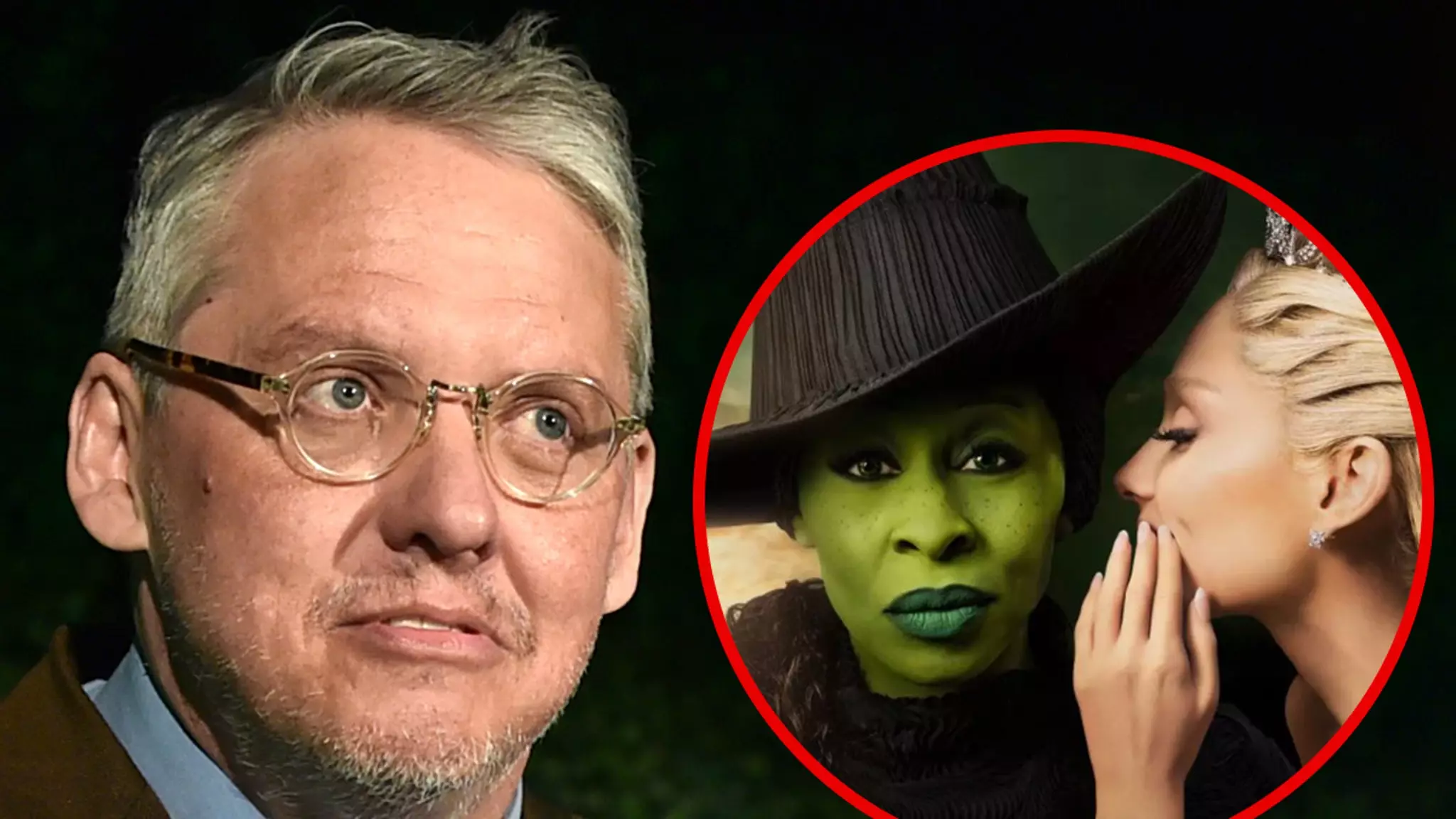Renowned filmmaker Adam McKay recently raised eyebrows with his assertion that fans should view the highly anticipated movie adaptation of “Wicked” promptly. His alarm bells stem from a belief that the film’s political message could face backlash from an increasingly polarized political landscape. McKay, an Oscar-winning director knowledgeable in the nuances of storytelling, described the film as “one of the most radical big-budget Hollywood productions” he has encountered. His emphasis on its themes of radicalization amidst careerism and fascism paints a stark picture of a cultural climate where art could eventually be silenced.
In elucidating his perspective, McKay aligns “Wicked” with several hallmark films that have become cultural milestones due to their progressive narratives. By mentioning classic films such as “The Bridge on the River Kwai” and “Citizen Kane,” he places “Wicked” within a legacy of cinema that has faced and often transcended political pushback. These films positioned controversial subject matter at the forefront, demanding audiences to confront challenging societal issues. McKay’s allusion implies a fear that “Wicked,” with its inherent critique of prejudice and discrimination, may similarly find itself at odds with more conservative factions.
McKay’s statements have ignited conversation around the potential for artistic censorship, a topic that has become increasingly relevant. He boldly suggests that, should current political trends continue unabated, “Wicked” could face banning within a three to five-year timeframe. While many social media users dismissed this notion as alarmist, believing that banning a popular musical is improbable, McKay argues that those dismissing the idea fail to grasp the larger picture. This conversation sheds light on broader societal fears regarding the suppression of free expression and how political leaning can shape access to art.
At the heart of “Wicked” lies a narrative rife with themes of racism, discrimination, and societal judgment, encapsulated in the character of Elphaba—the misunderstood witch relegated to the margins because of her green skin. Such themes resonate profoundly in today’s discourse, making the film not only a tale of magic but also a poignant critique of societal prejudices. With the impending release of a sequel, the global dialogue surrounding these themes is likely to amplify, positioning the film as a potential lightning rod for controversy.
Moreover, the backlash from conservative critics regarding “woke” elements in films and media signals a shift in the cultural discourse around cinema and its implications. Such reactions, like those aimed at a British film board for its disclaimer regarding “Wicked,” exemplify an environment ripe for contention. As cinema grapples with its responsibility to reflect and critique societal issues, noteworthy filmmakers like McKay fill an essential role in advocating for vigilant engagement with art’s capacity for radical dialogue.
Adam McKay’s cautionary insights around “Wicked” encapsulate a vital moment in cinematic history, urging audiences to confront not only the film’s narrative but also the societal structures that may seek to silence it. As audiences look to embrace this poignant story, one can only hope that art continues to serve as a bastion of free expression, rather than a target for political repression.

